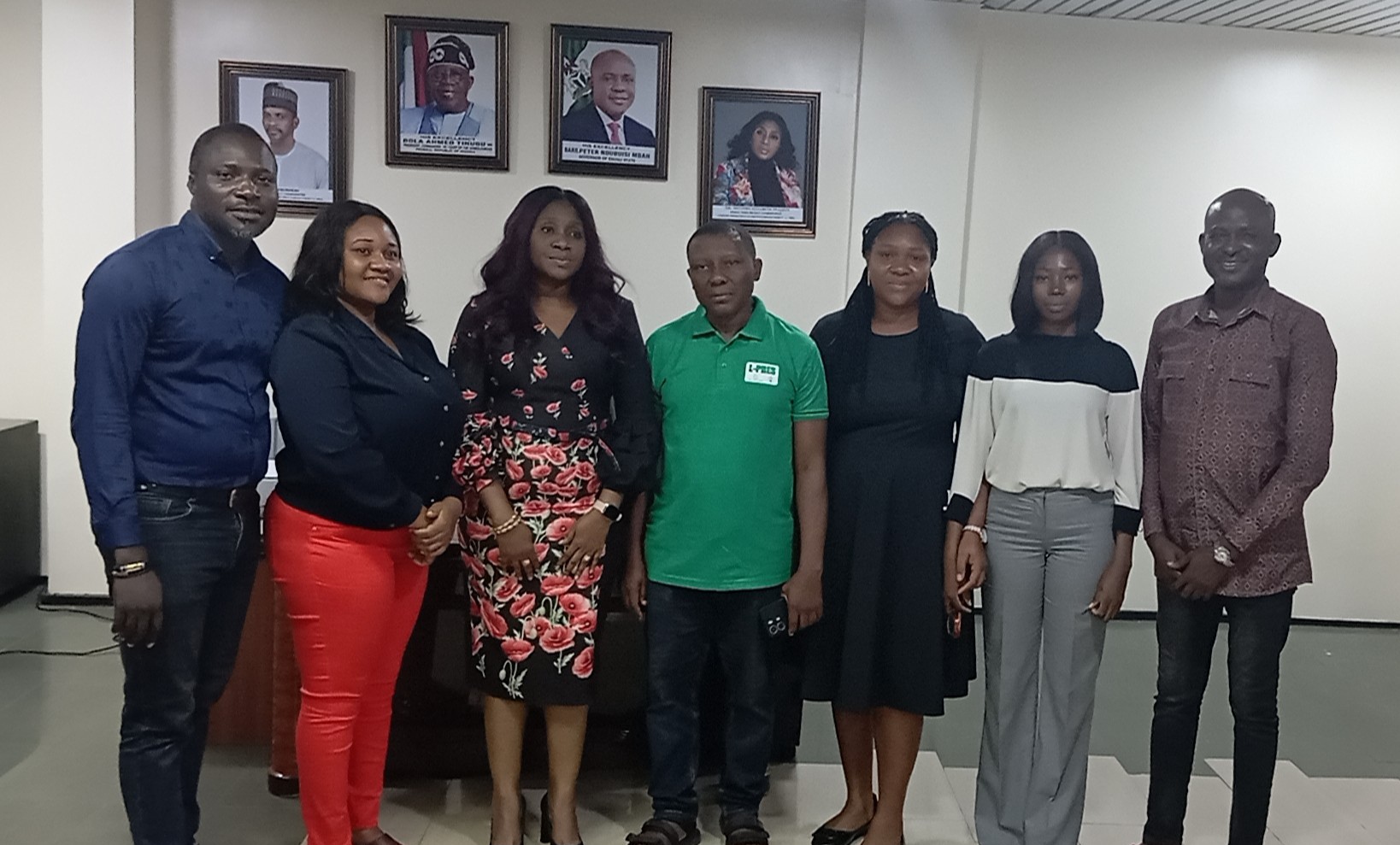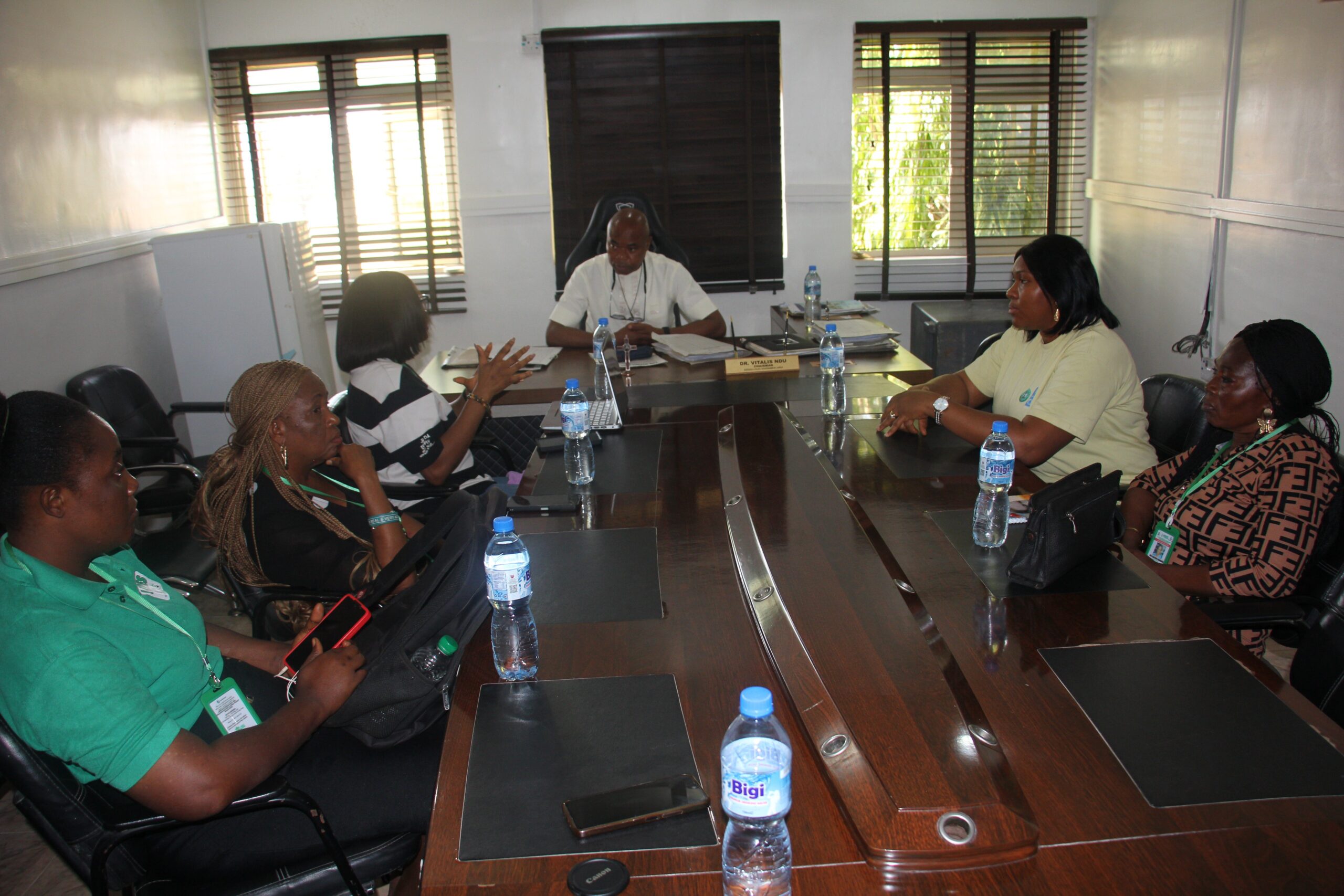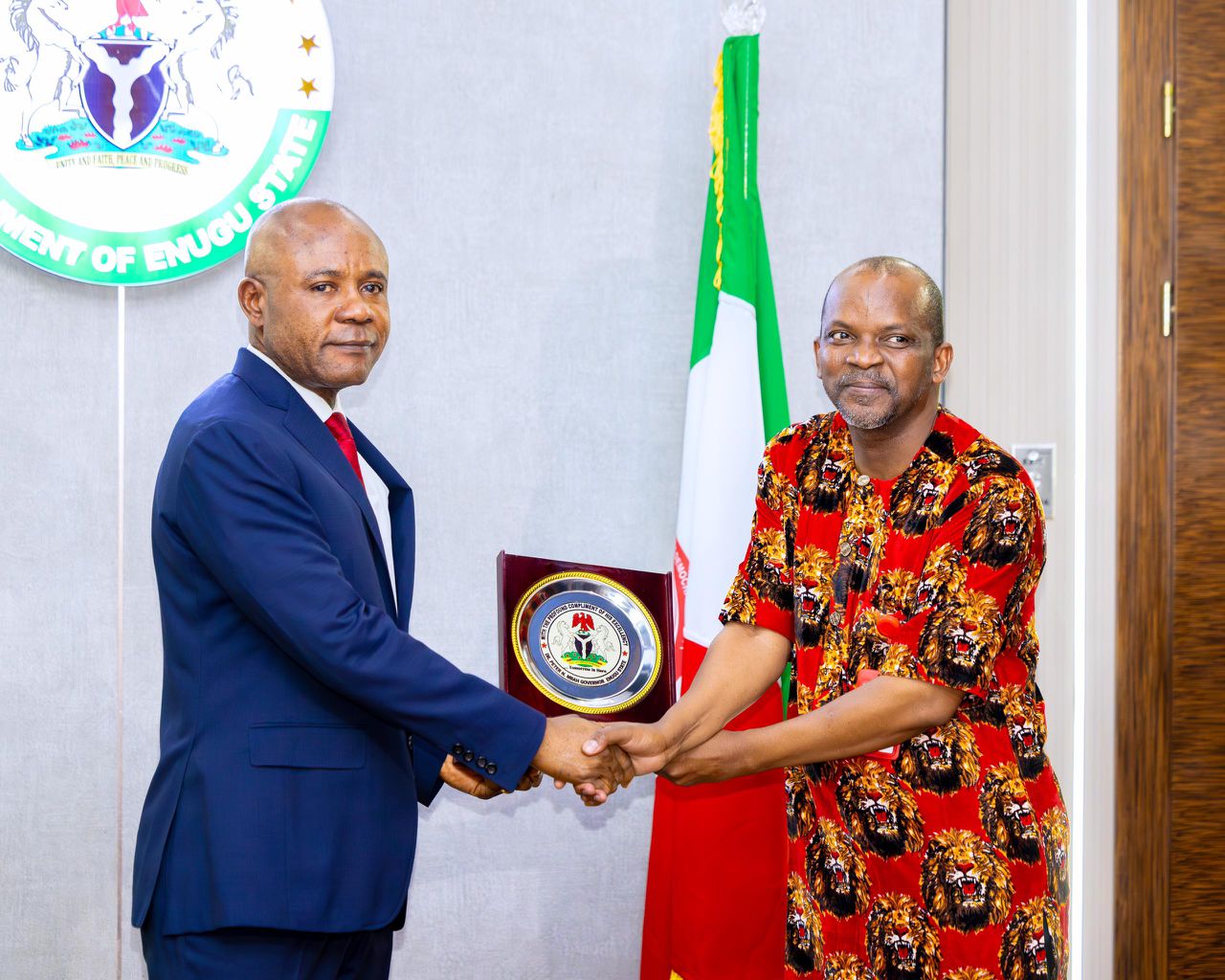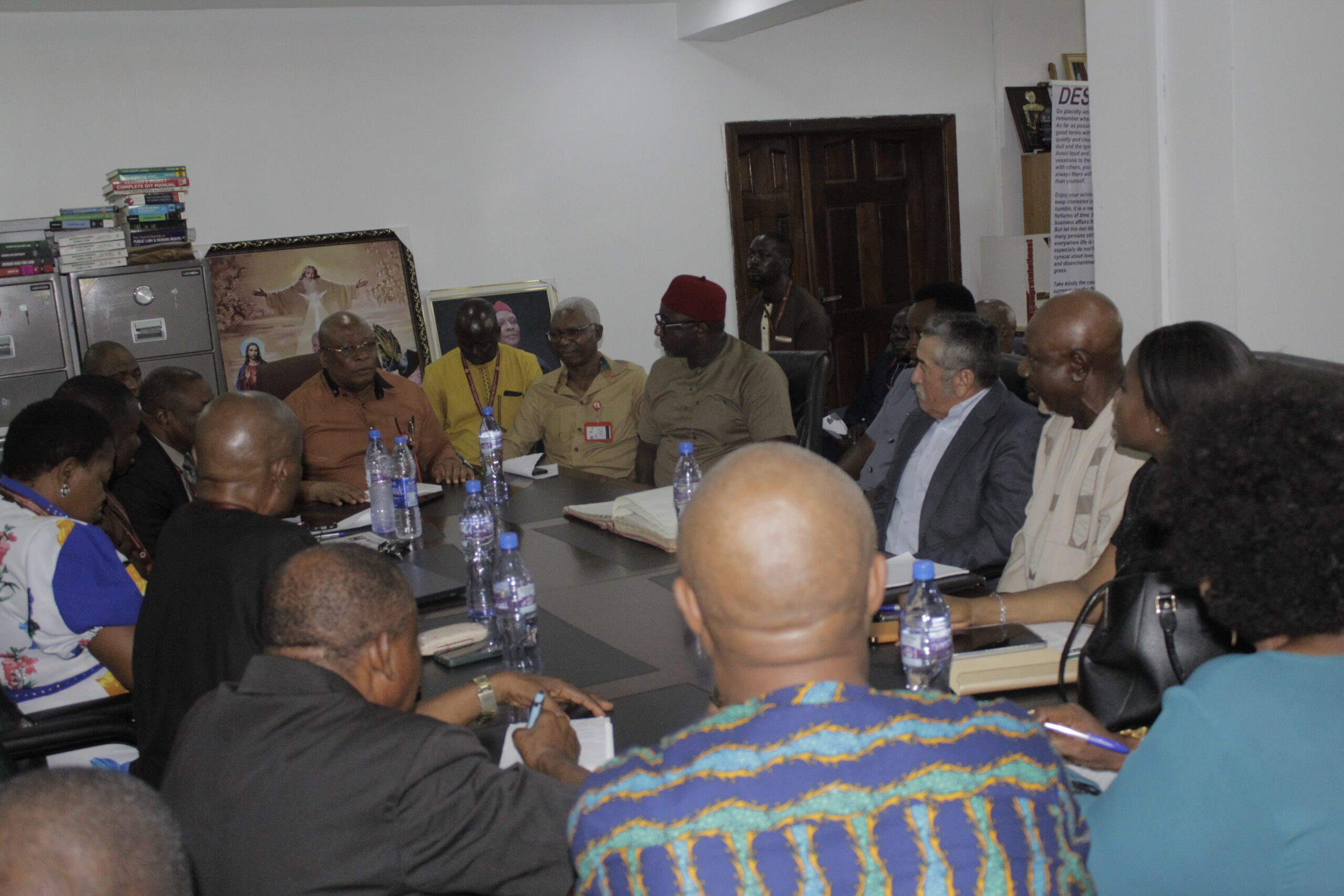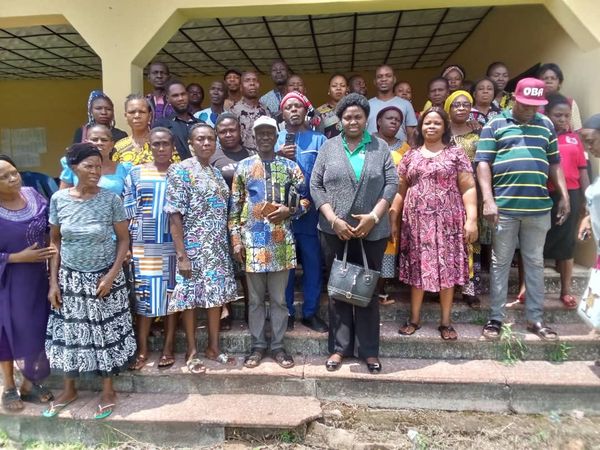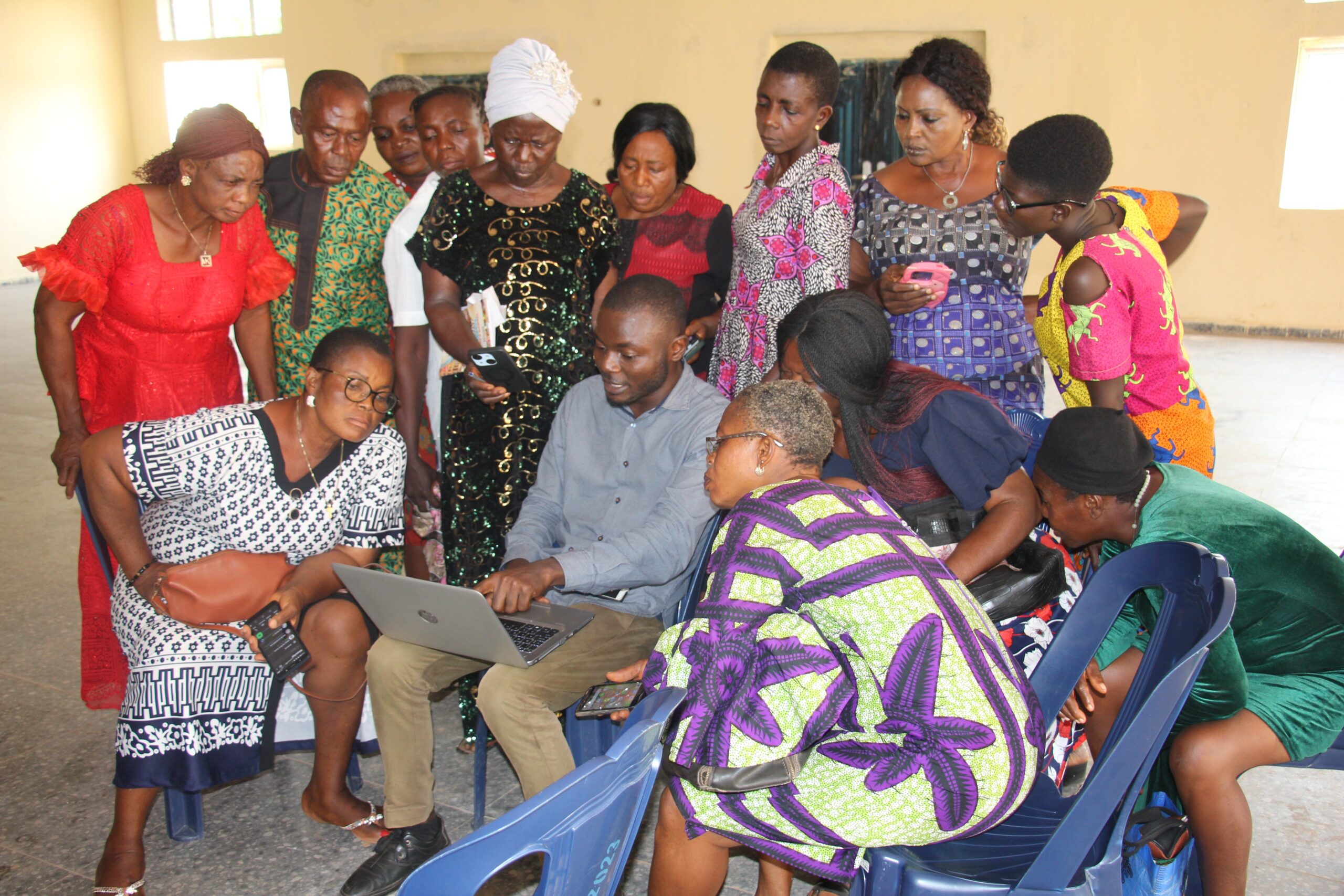The Federal Government of Nigeria has launched the National Electronic Extension Platform (NEEP), a digital initiative aimed at enhancing agricultural productivity and service delivery. NEEP is designed to work with the National Agricultural Research and Extension System (NARES) to address the low extension agent-to-farmer ratio. It provides real-time access to vital agricultural information, offering an interactive and cost-effective alternative to traditional extension services. The platform aims to strengthen linkages between research institutions and farmers, improve productivity, and boost food security.
Speaking at the National Agricultural Extension Research Summit in Abuja, the Minister of State for Agriculture and Food Security, Dr Aliyu Abdullahi, emphasized the importance of technology in enhancing labour productivity. He highlighted ongoing efforts to deploy modern tools, such as tractors for land preparation, planting, and harvesting, to improve efficiency in the agricultural sector.
Abdullahi further noted that the summit, along with the soft launch of NEEP, is part of the ministry’s broader strategy to leverage technology for more effective agricultural extension services.
In his remarks, the Permanent Secretary of the Ministry of Agriculture and Food Security, Engr. Ogunbiyi Marcus, acknowledged the long-standing challenges faced by Nigeria’s extension services, including inconsistent policies, inadequate funding, and limited adoption of technology. He expressed optimism that initiatives like NEEP would help address these issues and drive sustainable agricultural development in the country.
To increase funding for agricultural extension services, the following strategies are considered effective:
Public-Private Partnerships (PPPs): Governments can collaborate with private entities to share costs and improve service delivery. For example, private companies or farmer cooperatives can co-fund extension programs, as seen in countries like Chile and Mexico.
Cost Recovery Mechanisms: Implementing user fees for specific services, particularly for larger or commercial farmers, can help sustain funding. This approach has been applied in regions like northern Mexico.
Commodity-Based Funding: Introducing levies or taxes on agricultural commodities (e.g., coffee in El Salvador) to fund extension services ensures a steady revenue stream tied to production.
Decentralization and Community Grants: Decentralizing extension services and providing grants directly to local communities empower them to manage their own agricultural development projects effectively.
ICT Integration: Leveraging mobile technologies and digital platforms can reduce costs while expanding reach. For instance, SMS-based advisory services have shown cost-effectiveness in Kenya.
Government Vouchers or Subsidies: Providing vouchers or subsidies allows farmers to contract private extension providers, promoting competition and efficiency in service delivery.
These approaches, when tailored to local contexts, can diversify funding sources and enhance the sustainability of agricultural extension systems.


